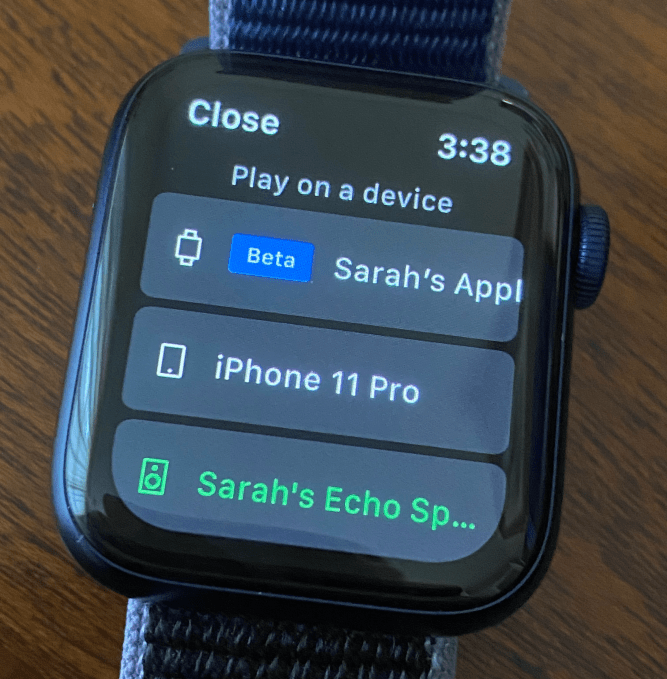News: Report: US visas granted to students from mainland China have plummeted 99% since April
It’s no secret that the Trump administration has pursued a variety of avenues to keep foreigners out of the U.S., including through a recent overhaul of the H-1B visa program for high-skilled foreign workers that will require employers to pay H-1B workers higher wages and narrow the types of degrees that would qualify an applicant
It’s no secret that the Trump administration has pursued a variety of avenues to keep foreigners out of the U.S., including through a recent overhaul of the H-1B visa program for high-skilled foreign workers that will require employers to pay H-1B workers higher wages and narrow the types of degrees that would qualify an applicant — a move which has ready triggered numerous lawsuits.
Still, it may surprise some to learn that U.S. visas issued to students around the world have fallen as dramatically as they have this year. According to a new report in Nikkei Asia, citing U.S. State Department data, just 808 F-1 student visas were granted to applicants in mainland China between April and September’s end, which is 99% fewer than the 90,410 F-1 student visas granted during the same period last year. The story is much the same for students of other countries: with 88% fewer F-1 visas granted to students in India, 87% fewer for students in Japan, 75% fewer for students in South Korea and 60% fewer for students from Mexico.
What’s going on? A confluence of factors, seemingly.
Coronavirus is most certainly among them, as families grow more hesitant to send their children to the U.S., which reported 93,581 new cases on Sunday alone, compared with 24 in China, 38,000 in India, 468 in Japan, 97 in South Korea and 3,762 in Mexico.
So is racism, with many Asians and Asian-Americans noting that Donald Trump’s rhetoric around the coronavirus has sharpened the racism they’ve faced throughout their lives, with terms like “kung flu” and “China virus” common in responses, per a recent survey by Washington State University researchers who say that increasing reports of racial discrimination since the start of the COVID-19 pandemic coincide with an increase in reported negative health symptoms. (The Nikkei notes that students already studying in the U.S. have been targets, too, citing a 23-year-old Chinese woman who was yelled at to leave the U.S.)
Yet an aggressive focus on Chinese espionage in Washington has played a bigger role, suggests the outlet, which speculates that the difficulty in obtaining American visas is likely to drive some Chinese students to other countries, including Canada.
Secretary of State Mike Pompeo, for example, said in remarks at the Richard Nixon Presidential Library in July that, “We opened our arms to Chinese citizens, only to see the Chinese Communist Party exploit our free and open society. China sent propagandists into our press conferences, our research centers, our high schools, our colleges and even into our PTA meetings.”
A backlash against Chinese students in particular is not a new one for the Trump administration, even while it’s been accelerated greatly in recent months. In 2018, the State Department began restricting to one year visas for Chinese graduate students studying in certain research fields, after which they need to reapply. The move rolled back a policy established during the Obama administration that allowed Chinese citizens to secure five-year student visas.






